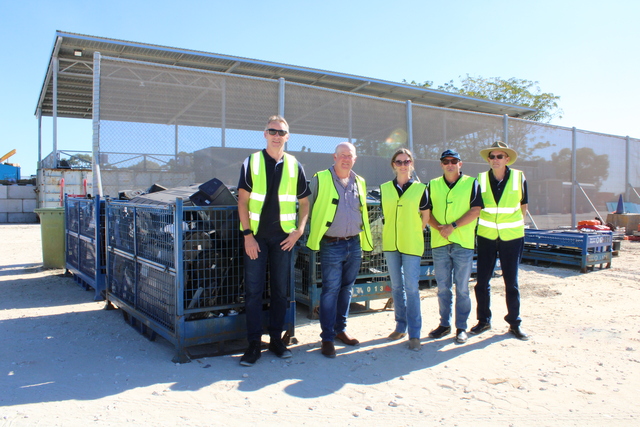Council has formed a unique partnership with the residents of Alice Springs in answer to increased community concern being voiced over a perceived lack of amenity as well as ongoing vandalism problems in the towns public open space.
Parks are a highly valued community asset in this arid region. Alice Springs Town Council maintains 113 hectares of dedicated parkland out of a total of approximately 340 hectares of varied use open space and reserves within the municipality.
Council has formulated a process that not only consults the community, but asks people to actually prioritise, design and formulate action plans for the future of public open space over the next five to ten years. The Public Open Space Revitalisation Project has been designed to give the community the tools, information and knowledge to enable them to fully meet this challenge, supported by the facilitators and Council staff. The project comprises the following stages.
Stage 1
All public open space in the municipality has been physically surveyed and all information entered into a database. The urban area of the municipality has been identified as six separate precincts, according to common usage local suburban distinctions. These precinct areas have each been mapped.
Stage 2
Council has retained the services of an independent Facilitator to run the public meetings/workshops. This facilitator is also a highly qualified Landscape Architect with extensive experience in community consultation.
Stage 3
A public meeting/workshop has been arranged for each of the six precincts. Each of these meetings/workshops will run for three to four hours.
They will be structured to achieve the following.
- An agreed vision for the open space in each precinct.
- An appreciation of the opportunities and constraints in the development and management of open space.
- Familiarise participants with the guiding principles and community wide open space requirements.
- Identification of key components of the open space resource.
- Agreement on the Action Plan outline to be used by working groups.
Stage 4
Each precinct meeting/workshop will form a smaller Working Group. These groups will spend two to three months developing a five to ten year Action Plan for each precinct, with help and guidance from the Facilitator and Council staff
Stage 5
Council will adopt the Action Plans and incorporate the action plans into annual work plans and its strategic budget process.







